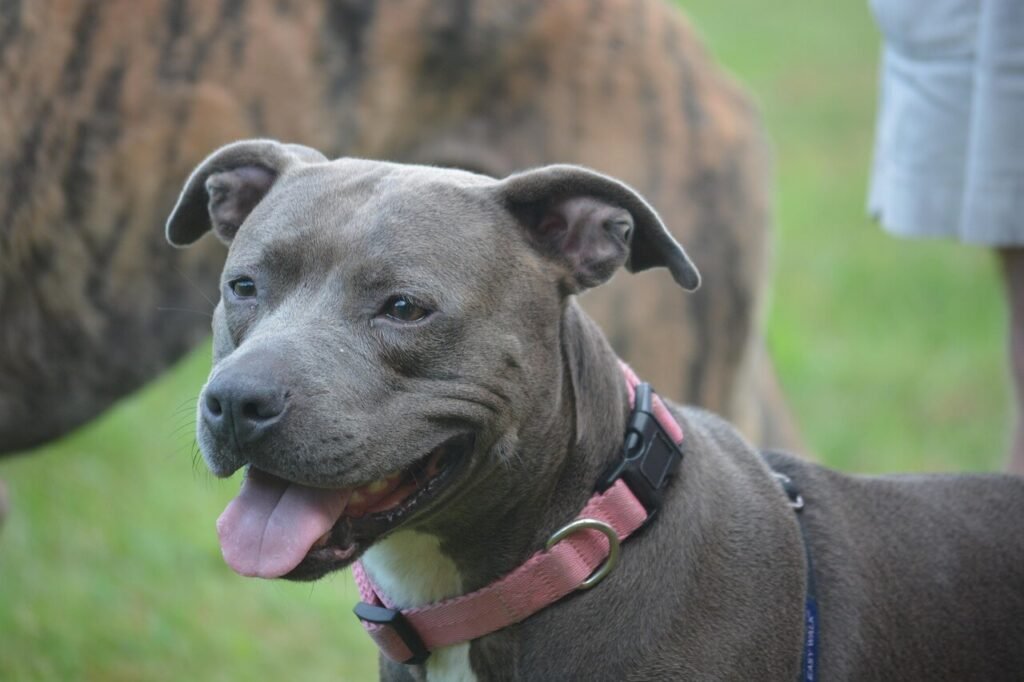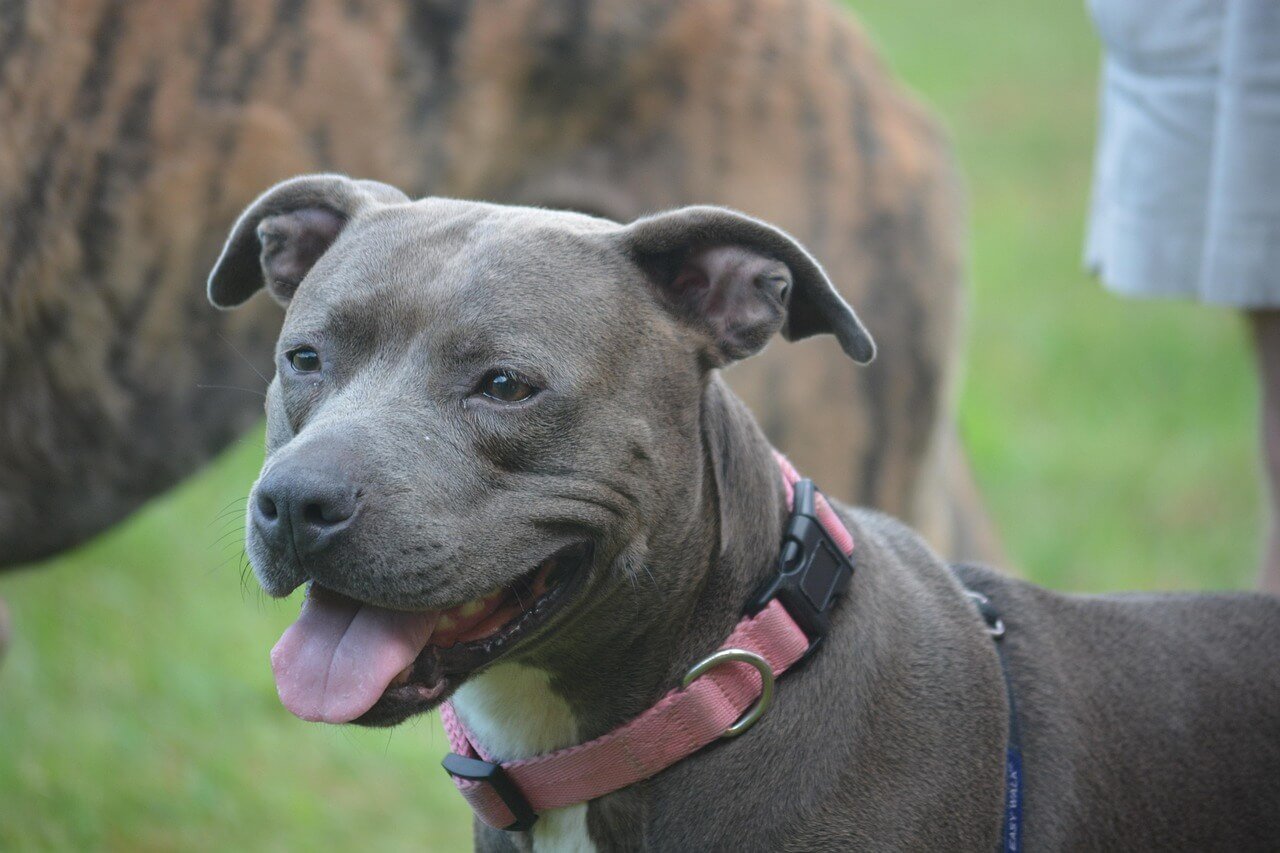Euthyroid Sick Syndrome in Dogs: What Every Pet Owner Should Know
Euthyroid sick syndrome, also known as non-thyroidal illness syndrome, is a condition that can occur in dogs when their thyroid hormone levels appear abnormal due to an underlying illness. Unlike true hypothyroidism, euthyroid sick syndrome does not indicate a problem with the thyroid gland itself but rather reflects changes caused by other health issues. This condition can be confusing for pet owners and veterinarians alike, as it mimics thyroid disorders. In this blog post, we’ll explore what euthyroid sick syndrome is, its causes, symptoms, diagnosis, and treatment options. By understanding this condition, you can better support your dog’s health during times of illness.
What Causes Euthyroid Sick Syndrome in Dogs? Key Factors
Euthyroid sick syndrome is not a primary thyroid issue but rather a secondary response to other illnesses or stressors. Understanding the underlying causes can help explain why your dog’s thyroid hormone levels may appear abnormal. Here are some common triggers:
Severe Illnesses: Conditions like kidney disease, liver failure, or cancer can disrupt thyroid hormone metabolism.
Infections: Bacterial or viral infections can temporarily alter thyroid hormone levels as the body fights off pathogens.
Trauma or Surgery: Physical stress from injuries or surgical procedures may lead to hormonal imbalances.
Starvation or Malnutrition: Prolonged fasting or inadequate nutrition impacts the body’s ability to regulate hormones.
Chronic Inflammation: Persistent inflammatory conditions can interfere with normal thyroid function tests.
While euthyroid sick syndrome is often temporary, addressing the underlying cause is crucial for restoring balance to your dog’s hormone levels.
Symptoms of Euthyroid Sick Syndrome in Dogs
Unlike true thyroid disorders, euthyroid sick syndrome doesn’t directly cause specific symptoms related to thyroid dysfunction. Instead, the signs your dog exhibits are usually linked to the underlying illness. However, being aware of these potential indicators can help guide your veterinarian toward the correct diagnosis. Here’s what to look for:
Lethargy or Weakness: Your dog may seem unusually tired or lack energy, which could be due to the primary illness rather than thyroid issues.
Weight Loss or Poor Appetite: Changes in eating habits and weight can signal systemic problems affecting hormone regulation.
Depression or Behavioral Changes: A normally active dog may become withdrawn or uninterested in activities.
Fever or Low Body Temperature: Fluctuations in body temperature may accompany severe illnesses contributing to the syndrome.
Labored Breathing or Other Organ Symptoms: Depending on the underlying condition, respiratory or organ-specific symptoms may arise.
Recognizing these signs early allows for prompt veterinary care, helping address both the syndrome and its root cause.
Check this guide 👉Understanding Happy Dog Syndrome: Best 7 Expert Tips!
Check this guide 👉Small Dog Syndrome: Best 7 Health Tips!
Check this guide 👉Understanding Littermate Syndrome in Dogs: Best 7 Tips!

Conditions That Can Cause Euthyroid Sick Syndrome | How It Affects Thyroid Hormones |
|---|---|
Kidney Disease | Reduces conversion of T4 to active T3 |
Liver Failure | Impairs hormone transport proteins |
Severe Infections | Triggers inflammatory responses |
Starvation or Malnutrition | Lowers overall hormone production |
Chronic Inflammatory Diseases | Alters thyroid-binding globulin levels |
Diagnosing Euthyroid Sick Syndrome in Dogs
Accurately diagnosing euthyroid sick syndrome requires careful evaluation to differentiate it from true thyroid disorders. Veterinarians rely on a combination of clinical assessments and diagnostic tests. Here’s how the process typically unfolds:
Comprehensive Blood Work: Tests like complete blood counts (CBC) and biochemistry panels help identify underlying illnesses.
Thyroid Function Tests: Measurements of total T4, free T4, and TSH levels provide insights into thyroid activity.
Exclusion of Primary Thyroid Disorders: Ruling out hypothyroidism or hyperthyroidism ensures the correct diagnosis.
Monitoring Trends Over Time: Repeated testing may be necessary to observe changes in hormone levels as the dog recovers.
Assessment of Clinical Signs: Evaluating the dog’s overall health and symptoms helps determine whether the thyroid abnormalities are secondary to another condition.
A thorough diagnostic approach ensures that the underlying cause is addressed, preventing unnecessary treatments for thyroid issues.
Managing and Treating Euthyroid Sick Syndrome in Dogs
Since euthyroid sick syndrome is a secondary condition, treatment focuses on addressing the underlying illness rather than the thyroid hormone imbalance itself. Here’s how veterinarians and pet owners can manage this syndrome effectively:
Treat the Primary Illness: Addressing infections, organ dysfunction, or inflammation restores normal thyroid hormone regulation over time.
Provide Nutritional Support: Ensuring adequate caloric intake and balanced nutrition aids recovery and stabilizes hormone levels.
Monitor Thyroid Levels Regularly: Periodic testing helps track improvements in thyroid function as the dog heals.
Avoid Unnecessary Thyroid Medications: Administering thyroid drugs without confirming a true disorder can worsen the dog’s condition.
Supportive Care: Fluid therapy, pain management, and other supportive measures may be needed depending on the severity of the underlying illness.
By focusing on the root cause, most dogs recover fully, and their thyroid hormone levels return to normal without long-term complications.
How to Minimize the Risk of Euthyroid Sick Syndrome in Dogs
While euthyroid sick syndrome is a secondary condition and not preventable in all cases, there are steps you can take to reduce the likelihood of its occurrence. By maintaining your dog’s overall health, you can minimize the risk of illnesses that may trigger this syndrome. Here are some preventive measures:
Regular Vet Check-Ups: Routine veterinary visits help catch potential health issues early before they escalate.
Balanced Diet and Hydration: Providing a nutritious diet supports immune function and reduces the risk of malnutrition-related hormonal imbalances.
Prompt Treatment of Infections: Addressing infections quickly prevents them from becoming severe enough to impact thyroid hormone levels.
Stress Reduction: Minimizing stress through a stable environment and consistent routines can help maintain hormonal balance.
Monitor Chronic Conditions: If your dog has ongoing health issues like kidney or liver disease, work closely with your vet to manage them effectively.
By focusing on prevention and early intervention, you can help protect your dog from conditions that might lead to euthyroid sick syndrome.
Debunking Myths to Better Understand This Condition
Euthyroid sick syndrome is often misunderstood, even among pet owners familiar with thyroid disorders. Clearing up these misconceptions ensures you approach your dog’s care with accurate information. Here are some common myths and the truth behind them:
Myth: It’s the Same as Hypothyroidism: Unlike hypothyroidism, euthyroid sick syndrome doesn’t involve a malfunctioning thyroid gland.
Myth: Thyroid Medication Is Always Necessary: Treating the underlying illness usually resolves the hormonal imbalance without thyroid-specific drugs.
Myth: It Only Occurs in Older Dogs: While more common in older dogs, it can affect dogs of any age depending on their overall health.
Myth: It’s Rare and Unimportant: Though temporary, it’s a significant indicator of systemic illness that requires attention.
Myth: Recovery Takes a Long Time: Once the primary issue is resolved, most dogs recover fully within weeks.
Understanding these facts helps ensure proper care and avoids unnecessary treatments for your dog.
Steps to Help Your Dog Bounce Back from Euthyroid Sick Syndrome
Recovery from euthyroid sick syndrome depends on addressing the underlying cause and providing supportive care. Here are practical ways to help your dog regain their health and vitality:
Follow Veterinary Recommendations: Adhere to your vet’s treatment plan for the primary illness to speed up recovery.
Provide Comfortable Rest: Ensure your dog has a quiet, cozy space to rest and recuperate.
Encourage Gentle Activity: Light walks or play can stimulate appetite and improve mood without overexertion.
Monitor Progress Closely: Keep track of changes in behavior, appetite, and energy levels to report back to your vet.
Celebrate Small Wins: Acknowledge improvements, no matter how minor, to stay motivated during the recovery process.
With consistent care and patience, your dog will likely return to their normal self, leaving the challenges of euthyroid sick syndrome behind.
Frequently Asked Questions About Euthyroid Sick Syndrome in Dogs
What is euthyroid sick syndrome in dogs?
It’s a condition where thyroid hormone levels appear abnormal due to an underlying illness, not a thyroid problem itself.
Is euthyroid sick syndrome dangerous?
The syndrome itself isn’t dangerous, but the underlying illness causing it can be serious if untreated.
Can euthyroid sick syndrome be cured?
Yes, once the underlying illness is resolved, thyroid hormone levels typically return to normal.
How is euthyroid sick syndrome diagnosed?
Diagnosis involves blood tests, clinical evaluation, and ruling out true thyroid disorders.
Do all sick dogs develop euthyroid sick syndrome?
No, only dogs with certain illnesses or significant stressors may experience this condition.
Final Thoughts: Supporting Your Dog Through Euthyroid Sick Syndrome
Euthyroid sick syndrome in dogs serves as a reminder of how interconnected the body’s systems are. While the condition itself is not harmful, it underscores the importance of addressing underlying health issues promptly. By working closely with your veterinarian and providing attentive care, you can help your dog recover fully and regain their vitality. Remember, knowledge is power—understanding this syndrome empowers you to make informed decisions about your dog’s health. With patience and dedication, your furry companion will soon be back to their happy, energetic self, ready to enjoy life by your side.
Do Cats Have Taste Buds? Best 7 Expert Tips! – Discover how cats experience flavors and why their taste is so unique.
Do Dogs Have Taste Buds? Best 7 Expert Tips! – Discover how dogs experience taste, their preferences, and what it means for their diet and health.
Can Cats Taste Sweet? Best 7 Expert Tips! – Discover why cats can’t taste sweetness, how it affects their diet, and tips to keep them healthy and happy.
Can Dogs Taste Sweet? Best 7 Expert Tips! – Discover how dogs perceive sweetness, which foods are safe, and tips to manage their sweet cravings responsibly.





